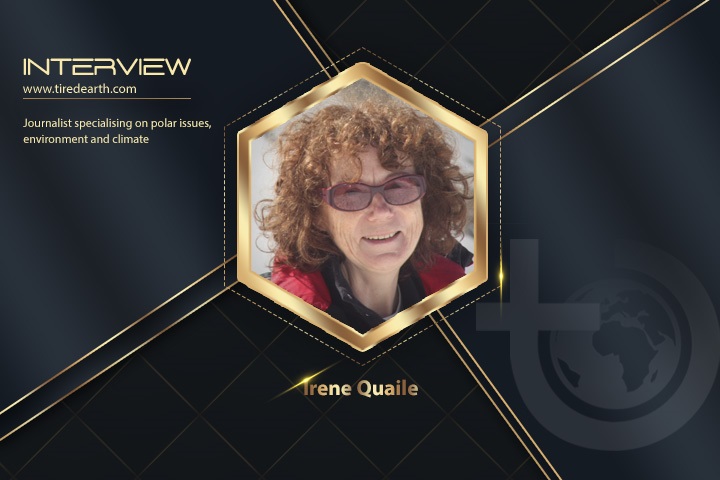This year, COP30 will be held in Brazil — a land that symbolizes both biodiversity and environmental destruction. What message do you think this choice conveys?
Holding the COP in Brazil and the Amazon rainforest showcases the need to protect the environment and people while we protect the climate. The Amazon is a powerful symbol. It's rich in biodiversity and also plays a key role in shaping the global climate, storing huge amounts of carbon. It is actually one of the potential climate “tipping points”. The forest is under threat from logging and burning on the ground and from climate warming. It's symbolic, but there is something incongruent about bringing thousands of people to a fragile region you really want to protect.
It was not a good sign that just two weeks before the COP, President Lula's government announced plans for new oil drilling off the mouth of the Amazon. This shows the conflict between environmental and climate protection on the one hand and the desire to make money from fossil fuel resources on the other. It also highlights the discrepancy between short-term thinking, quick profits, and the long-term perspective.
On a positive note, the COP30 hosts are launching the Tropical Forests Forever Fund (TFFF), which would reward countries with lots of tropical forest if they keep the trees instead of chopping them down. This kind of funding could be key to protecting forests with their vital role as carbon sinks.
Brazil is also an influential player, currently President of the BRICS group, which has become a major political and economic force in the last 20 years.
Brazil’s hosting of COP30 marks 33 years since the Rio Earth Summit, where countries first signed the United Nations treaty committing to tackling climate change. Potential for a symbolic agreement there!
Many climate summits bring ambitious promises but limited action. Why do you think there’s such a gap between words and deeds?
Politicians at home look for short-term successes and shy away from potentially unpopular measures. Economically, countries and companies face competition from others who don't implement any climate protection measures. The fossil fuel lobby exerts a lot of pressure on politicians and consumers.
There are no measures in place to sanction countries that don't, for instance, come up to what they promise. Take the NDCs, “nationally determined contributions”. These should have been submitted to the UN by the COP and should be in line with the 1.5°C maximum temperature rise target. We are far from that. But so what?
Governments also have to make sure that there is justice and equality when they implement climate protection measures. People will oppose them if they think they are being unfairly hit and “cannot afford” cleaner transport, heating or whatever. Extreme right-wing populist parties exploit these sentiments and appeal to voters with climate denial, framing climate measures as unnecessary, expensive and elitist.
Do you believe there’s still enough time to contain the climate crisis, or have we already passed the point of no return?
We are already in the middle of the climate crisis: extreme weather, drought, floods, rising seas, food security issues. But every fraction of a degree less heating helps save livelihoods and lives. There is no point of no return. Some damage can no longer be averted, but we can limit impacts. By cutting emissions and transitioning away from fossil fuels and a carbon-based economy, we can bring global temperature down. New assessments published ahead of the COP , e.g. by Climate Analytics, show pathways to get us back on track.
How crucial do you think the media’s role is in shaping public awareness of the climate issue? And do you feel the media convey the human side of this crisis strongly enough?
The media has a key role to play. The problem is that we live in an age where there is so much available in the way of media and social media that people can live in their own bubble and follow only the media that reflect their own point of view. It is easy to “preach to the converted”, but very difficult to reach others. There are also some very powerful interests controlling some media, pushing climate denial.
Another problem is “gloom and doom” fatigue amongst the public. We need to communicate the human impacts of climate change, but at the same time point ways forward. Otherwise there is a danger of resignation. People think there is nothing they can do about climate change anyway, so why bother? That is one of the greatest challenges for journalists at the moment.
